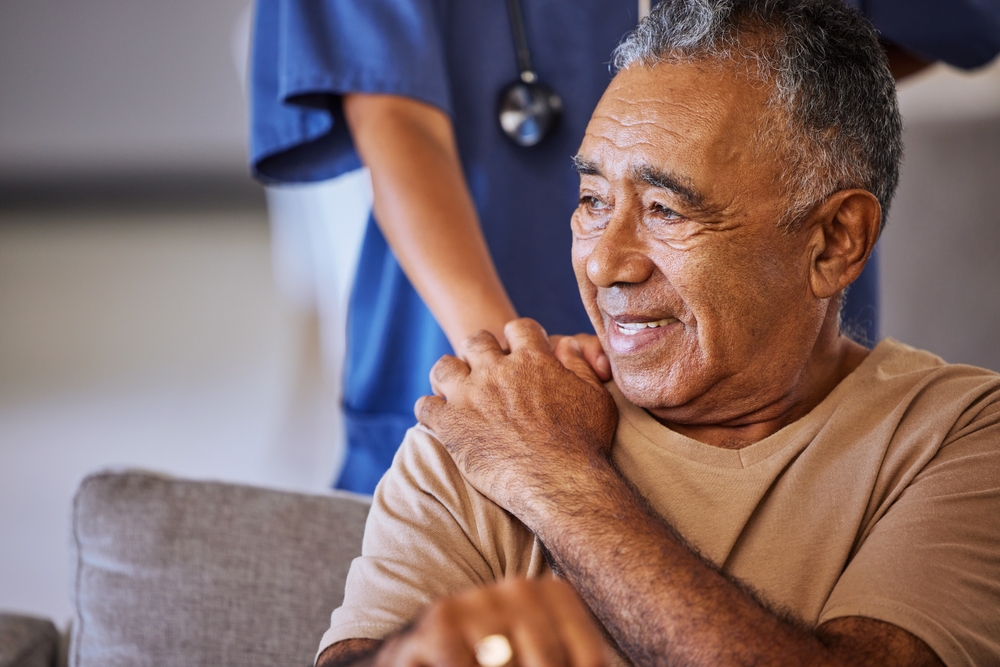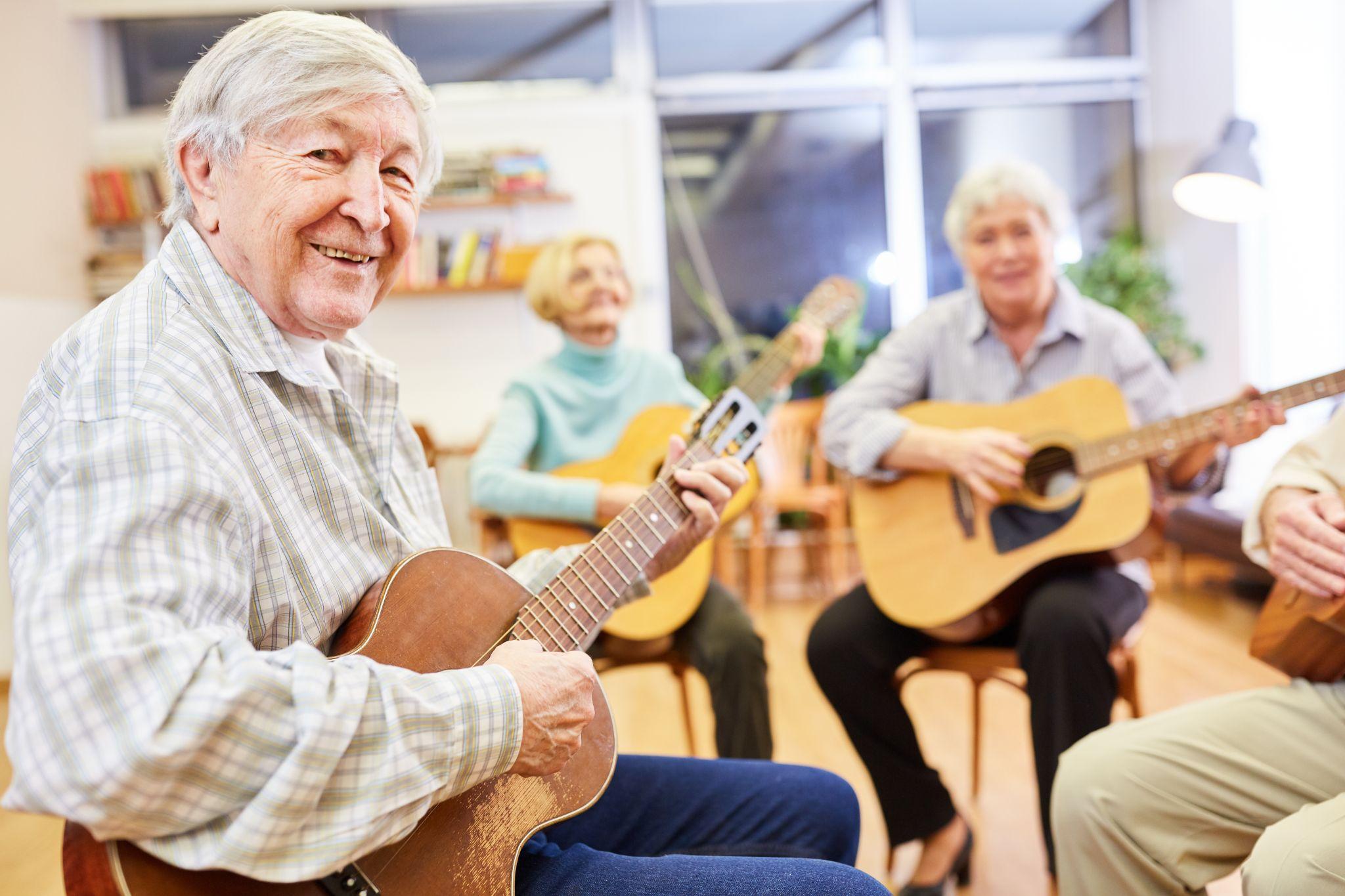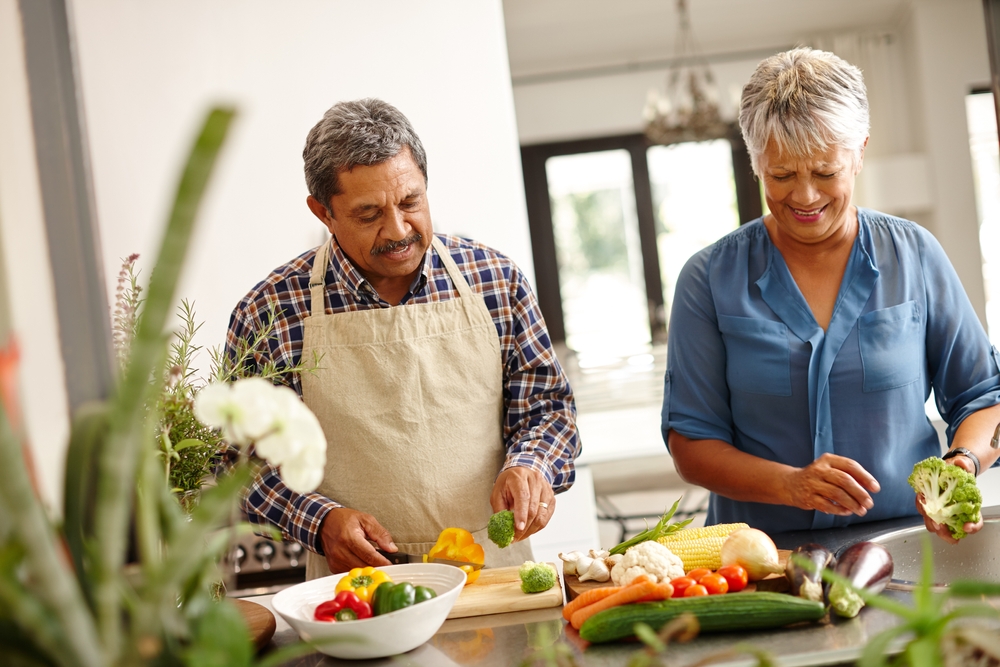 February 19, 2025
February 19, 2025
Stroke recovery is a journey that marks the beginning of reclaiming a stroke survivor’s independence and quality of life. When someone experiences a stroke, it can affect various aspects of their functioning — from movement and speech to cognitive abilities and holistic well-being. While the recovery process can sometimes be challenging, it can lead to significant improvements, especially when early intervention is paired with dedicated rehabilitation and post-stroke care.
According to research at the National Institute of Health, the brain has a fantastic ability to heal and adapt after injury by creating new neural pathways. This means that the recovery period after a stroke is critical. With the proper support, exercises, and therapies, your senior family member can rebuild and make new ways to perform daily activities. While the first few months are especially important, improvement can continue for years with proper support and dedication.
What makes recovering from a stroke even more vital is the role recovery plays in preventing future strokes. Through rehabilitation, stroke survivors not only work on immediate recovery goals, but your senior family member will also learn lifestyle modifications and strategies to reduce their risk of experiencing another stroke.
At Accessible, we are here to help your family throughout the stroke care and recovery process and have put together this comprehensive approach to recovery. Side-by-side with your senior’s physician’s recommendations, these tips should help support long-term outcomes and quality of life for stroke survivors.
Post Stroke Recovery is Possible
Recovery after a stroke can seem like a daunting task, but with careful planning, a strong support system, and some lifestyle changes, it is possible. At Accessible, we know how difficult it can be to see your loved one go through stroke recovery, and we are committed to making recovery something that is possible for all seniors post-stroke. While adhering to your medical team’s instructions is the most crucial step to recovering from a stroke, there are a few things you and your family can do to be a major part of the recovery process.
Follow your rehabilitation plan consistently
The most crucial step to successful post-stroke recovery is following the specific care instructions the medical team supporting your senior family member has provided. Make sure that you and your family:
- Attend all prescribed physical, occupational, and speech therapy sessions
- Complete recommended exercises at home
- Keep a log of your progress to identify challenges
Focus on regular movement and exercise
Keeping the body moving after a stroke is a necessary part of starting the process of recovery. Physical therapy will help your family member regain lost muscle strength, mobility, and functional independence by stimulating damaged nerves. This strengthens brain plasticity. And, of course, staying active does wonders for your emotions. Keep these things in mind for movement therapy for your senior stroke survivor.
- Start slowly and only with approved exercises from your physical therapist
- Increase activity gradually as strength and balance improve
- Practice movements that help with functional, daily activities
- Consider low-impact activities like gentle walking or swimming when approved by your physician
Prioritize proper nutrition and hydration
Eating healthy is always important, but it’s especially so after a stroke. However, stroke survivors sometimes have a hard time being able to eat. This can be due to issues with memory, physical capability, or appetite loss. Since the right nutrition is vital to the brain’s function, assuring your senior has a balanced diet can assist their recovery. If your loved one is struggling with eating after a stroke, consider these tips to support them.
- Follow diet restrictions prescribed by your healthcare team closely
- Eat balanced meals rich in fruits, vegetables, lean protein, and whole grains (brown rice, oats and whole grain wheat)
- Stay well-hydrated with plenty of water
- Limit sodium, if recommended to do so by your doctor

4. Maintain cognitive engagement
Keeping your senior loved one’s mind engaged is a crucial part of their mental health and well-being in general. And if your senior has had a stroke, it becomes even more beneficial to their healing to keep them thinking. Since the brain has such amazing capabilities to rebuild itself post-stroke, it is important to give it plenty of engagement so that those new neural pathways are as strong as possible. Try the following:
- Engage your senior in puzzles, reading, or bird watching
- Practice speech and language exercises
- Stay socially connected with family and friends
- Consider joining a stroke support group
5. Create a safe home environment
Unfortunately, according to the American Stroke Association, up to 70% of stroke survivors experience a fall in their home in the first six months after being discharged from the hospital or rehabilitation facility. Additionally, 30%-80% of stroke survivors express fear of experiencing a fall. Luckily, it’s possible to make your home safer for your senior stroke survivor with a few home modifications. While it’s always important to consider getting help to discover if your home is safe, there are some things you can do to make it safer for your senior family member recovering from a stroke.
- Remove trip hazards like loose rugs or cables
- Install grab bars in the bathroom or stairs
- Rearrange your furniture to create clear pathways
- Keep frequently used items within reach and view.
Pay attention to emotional well-being
Emotional changes after a stroke are to be expected. Sometimes, they can be intense or overwhelming, which can be a frightening experience for you and your senior family members. When a stroke happens, it damages the brain, and this can cause some areas that control emotion to react differently. Ensuring your senior family member’s mental health and well-being are cared for will strengthen their brain and make the recovery process more holistic. Here are some ways to support your senior stroke survivor’s mental health
- First, remember to be patient with the recovery process
- Offer to help yourself, or consider an in-home caregiver
- Consider family or individual counseling for depression or anxiety symptoms
- Discover ways to feel centered and grounded
You’re not alone…Accessible is here for you.
Did your loved one recently have a stroke? Do you and your family need extra help during the stroke recovery process? Accessible Home Health Care’s skilled in-home caregivers assist with everyday tasks like meal preparation, shopping, and companionship. We also provide respite care for family members who are caring for a loved one recovering from a stroke, giving them the support and relief they need. Even if you just want more assistance around the home, we are here to help! Contact us today to learn more about how Accessible Home Health Care can assist you and your senior loved one with post-stroke recovery.



